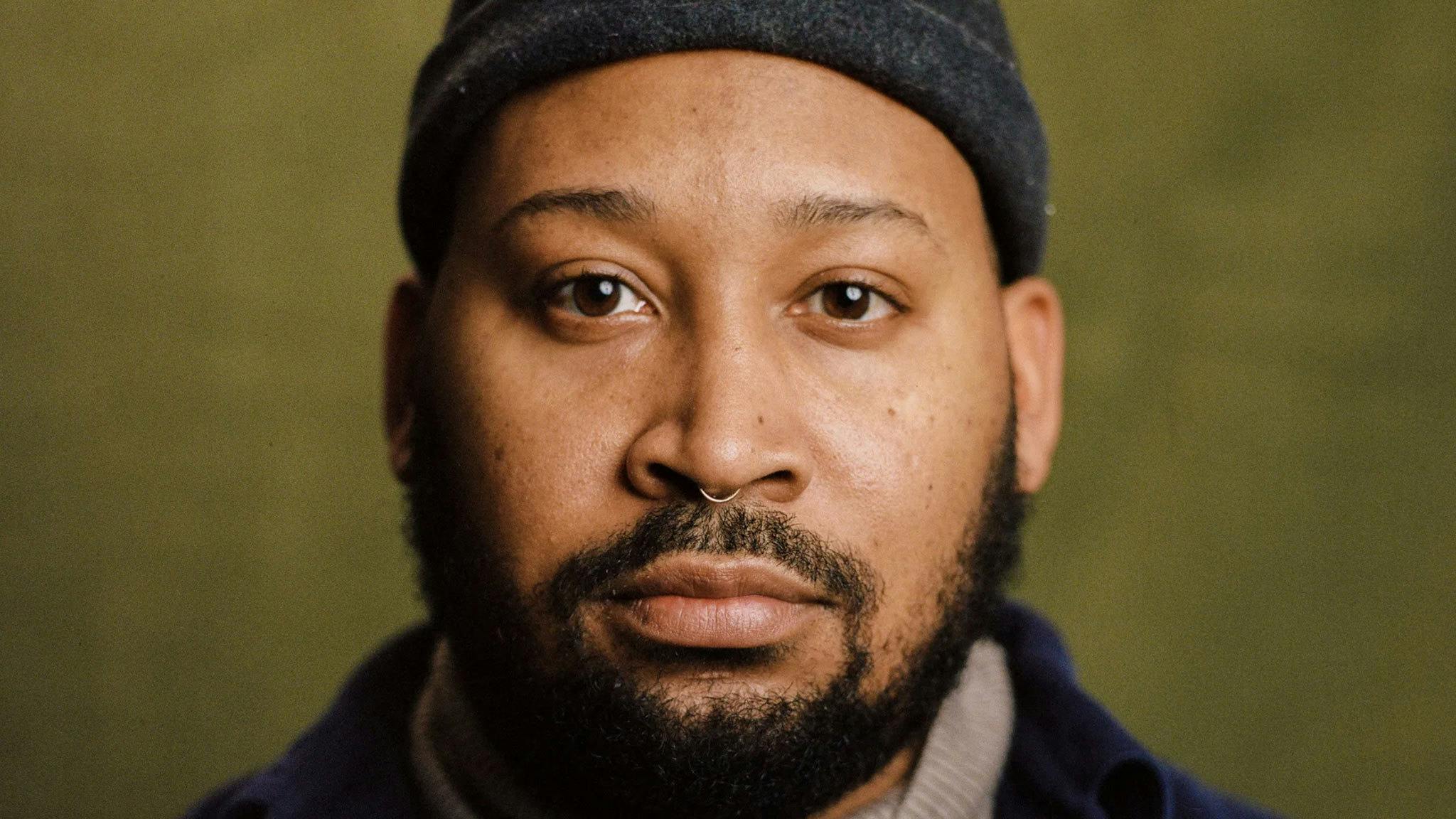“At first, this record was like a very small EP, kind of focused on fleeting relationships around COVID,” Bartees tells Kerrang!. “And as I wrote that, over the course of the last two years, it grew into this thing about the people I’ve met, and known, and that I've built deep relationships with over my journey through music, and through jobs, and family, and kind of how it all adds up, and can really mean a lot. It can really be the thing that propels you. And, you know, with this record, it's kind of like recognising this transition in my life, as I've started touring more and playing more and meeting all these people that I've always looked up to, and it's really just taking stock and being like, ‘Wow, this is incredible. What do I want to do with it?’”
Live Forever emerged in the grips of the pandemic, its October 2020 release following up good notices for Bartees’ EP of The National covers, Say Goodbye To Pretty Boy. Its thrilling songs brought colour and fizzing personality into that frightening, inert space and in doing so it introduced more people into his life, with the audience kept at bay by restrictions nevertheless reframing his relationship with his music in real time. As writing on Farm To Table began, he was able to see the work, and the collaborative process, as an anchor. He moved fast, making album two only months after album one had hit the ground running.
